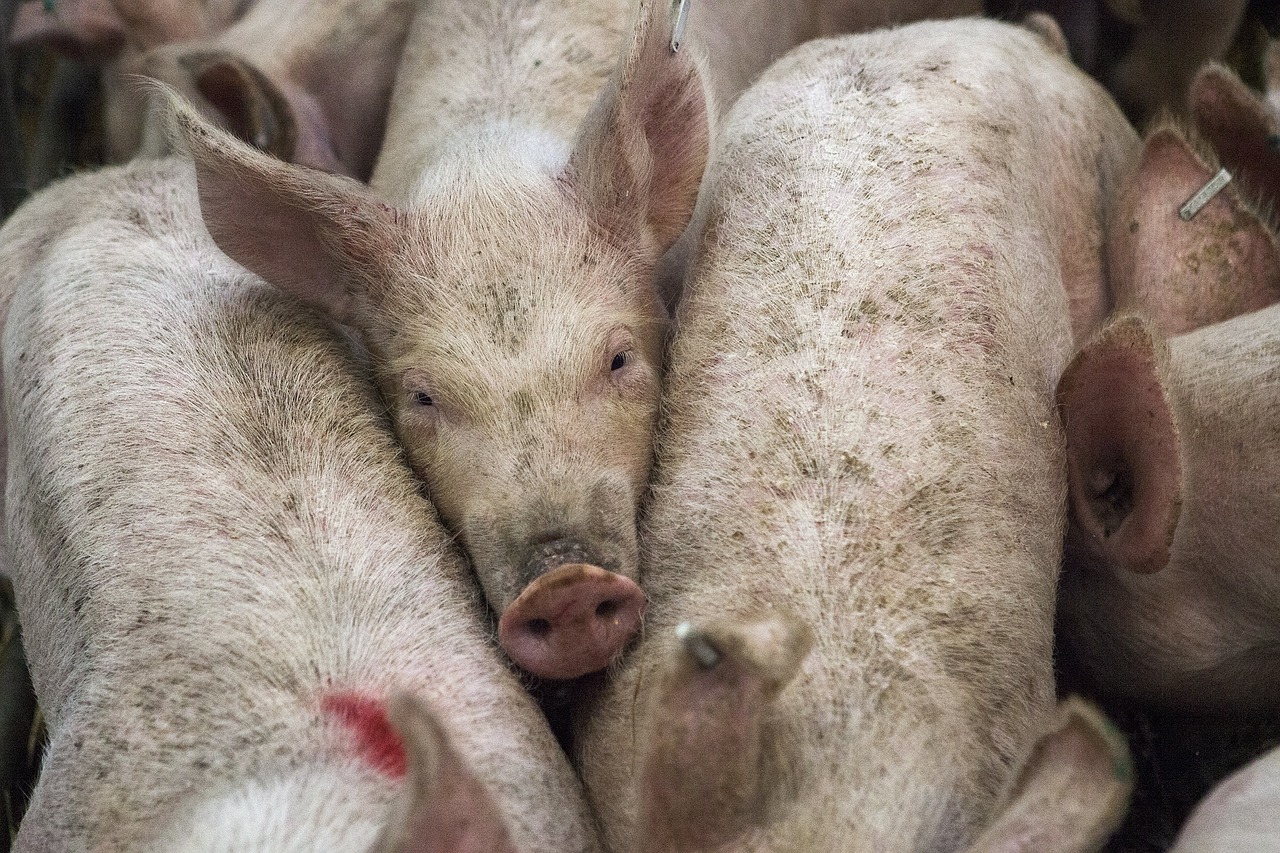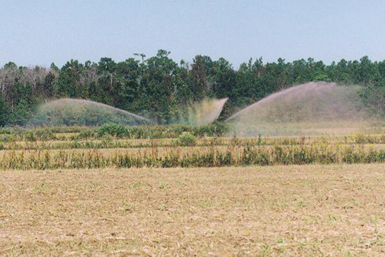
A pork-producing giant will not get another shot in court to defend itself against a group of Bladen County homeowners whose quality of life suffered at the hands of a former industrial-scale hog farm operation.
Judges with the 4th U.S. Circuit Court of Appeals in Richmond, Virginia, recently affirmed a lower court ruling that holds Murphy-Brown, LLC, a subsidiary of Smithfield Foods, Inc., liable for violating the rights of neighbors of the former hog farm to enjoy their property.
Supporter Spotlight
Jurors in that 2018 district court case awarded each of the property owners $75,000 in compensatory damages and another $5 million collectively in punitive damages.
The latter was subsequently reduced to $2.5 million because North Carolina caps punitive damages to no more than three times the amount of compensatory damages or $250,000, whichever is greater.
Circuit Judge Stephanie Thacker ruled in favor of only one of a handful of arguments Smithfield’s lawyers made in their appeal, agreeing that the company’s financial status revealed to jurors should have been limited to Murphy-Brown, not the broader company.
Circuit Judge J. Harvie Wilkinson III concurred. Circuit Judge G. Steven Agee dissented with part of Thacker’s opinion.
Shortly after the judges rendered the Nov. 19 decision, Smithfield Foods announced it had resolved more than a dozen similar nuisance cases filed by eastern North Carolina residents.
Supporter Spotlight
Smithfield Foods is owned by Hong Kong-based WH Group Limited.
The settlement, the amount of which remains undisclosed, wraps up the remaining 20 of 25 separate lawsuits – there were 500 complaints in all – filed by North Carolinians, mostly people of color, in 2014. Five lawsuits went to trial.
The cases have brought to the forefront environmental justice matters in eastern North Carolina’s rural communities that have for years been fighting for the industrial hog farming industry to get away from the lagoon and sprayfield system.
“We certainly hope that the pretty clear decision of the judges sends a message to the industry that they need to change their practices,” said Sherri White-Williamson, the North Carolina Conservation Network’s environmental justice policy director. “Environmental justice is very much about not just black and brown communities, but low-income communities that have something in common — politically they are not powerful.”
About 26% of Bladen County’s population live below the poverty line, according to the latest Census information. That’s double the national rate.
Bladen County residents initially filed suit in 2013 and included Kinlaw Farms in their complaint.
The homeowners later withdrew that suit and refiled one that targeted Murphy-Brown, emphasizing that it is the company that directs grower management procedures, mandates design and construction of operations, dictates how many hogs are to be placed at any given operation, and controls hog waste management systems under contractual terms with farmers.
Kinlaw Farms annually maintained nearly 15,000 hogs, which produced about 153,000 pounds of feces and urine each day.
Open-air lagoons holding millions of gallons of hog waste were periodically drained and the waste spread across so-called sprayfields on farm property.

About 8 million gallons of hog feces was sprayed in the air annually, including the summer months as regularly as three to five days a week for an average of six hours a day.
Live and dead hogs were trucked on and off the property throughout the day and night. During one night in 2016 at least 12 trucks passed through the Kinlaw property between midnight and 6 a.m., according to court testimony.
The putrid smell, tens of thousands of flies attracted to the area, noise, and health concerns related to air quality and possible wastewater seepage into private wells, affected the quality of life of those living nearby the farm.
In his opinion, Wilkinson said that hog farming is “central to economic life in North Carolina,” supporting more than 45,000 jobs and producing about $11 billion in the state’s annual economy.
“But the record here reveals outrageous conditions at Kinlaw Farms – conditions that, when their effects inevitably spread to neighboring households, violated homeowner’s rights to the healthful enjoyment of their property,” he wrote. “All this the jury recognized, and its verdict, once capped, was essentially a just one.”
He goes on to write about the air quality threat to the farm’s neighbors and local water quality concerns, citing studies that show residents living near industrial hog farms may suffer from higher rates of respiratory problems, high blood pressure, depression and infant mortality.
He also addresses environmental justice issues in the case, noting that conditions at the farm were “unlikely to have persisted for long – or even to have arisen at all – had the neighbors of Kinlaw Farms been wealthier or more politically powerful.”
“It is well-established – almost to the point of judicial notice – that environmental harms are visited disproportionately upon the dispossessed – here on minority populations and poor communities,” he stated.
“But whether a home borders a golf course or a dirt road, it is a castle for those who reside in it,” he wrote. “Many plaintiffs in this suit have tended their hearths for generations – one family for almost 100 years. They are exactly whom the venerable tort of nuisance ought to protect. Murphy-Brown’s interference with their quiet enjoyment of their properties was unreasonable. It was willful, and it was wanton.”
Agee concurred with several issues, but wrote that he believed a full, new trial was necessary, saying that the admission of the financial status of Murphy-Brown’s corporate parents to the jury was “patently erroneous as to liability for both compensatory and punitive damages.”

White-Williamson said that Smithfield Foods’ decision to settle each case is “telling.”
“We’ll have to see what happens,” she said. “One of the things that is happening now is this proposal of this biogas facility.”
Smithfield Foods and Dominion Energy are in the process of kick-starting a joint project to capture biogas from hog waste lagoons at 19 industrial hog operations in Duplin and Sampson counties.
The project, called the Grady Road Project, would cap open-air lagoons to capture biogas, which would be transported through some 30 miles of pipeline to an upgrading facility then injected into an existing natural gas pipeline.
Critics of the project argue it does not address significant air pollution from the 19 operations that would be included or possible groundwater contamination.
The North Carolina Department of Environmental Quality is reviewing a draft air quality permit for the upgrading facility.







